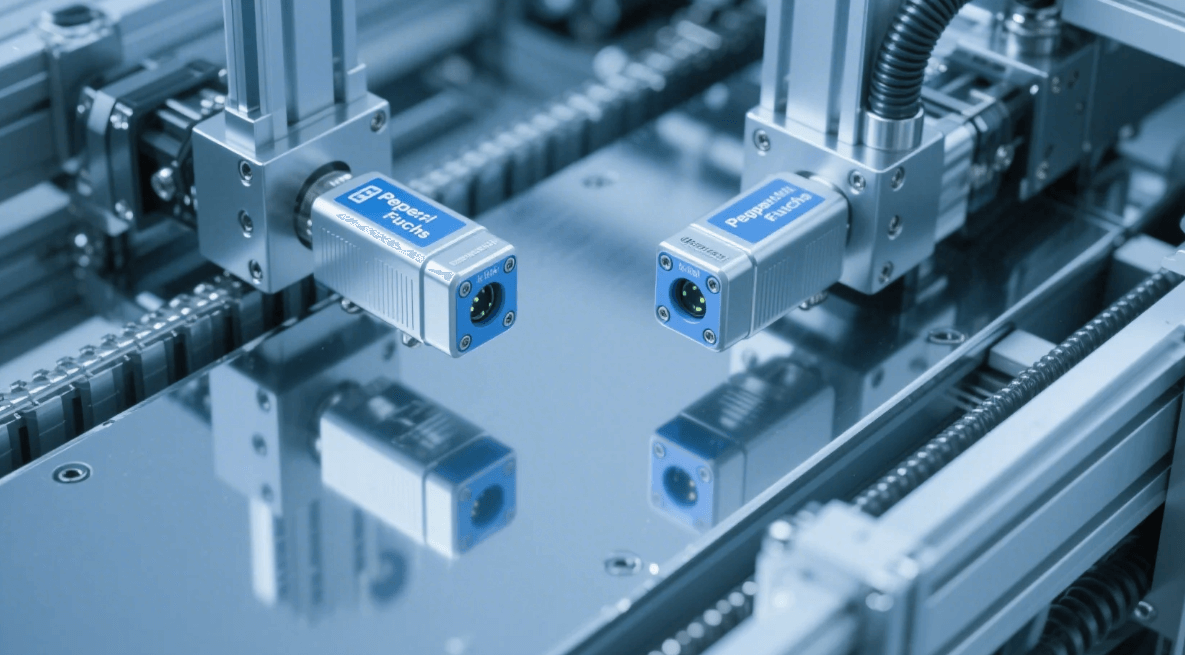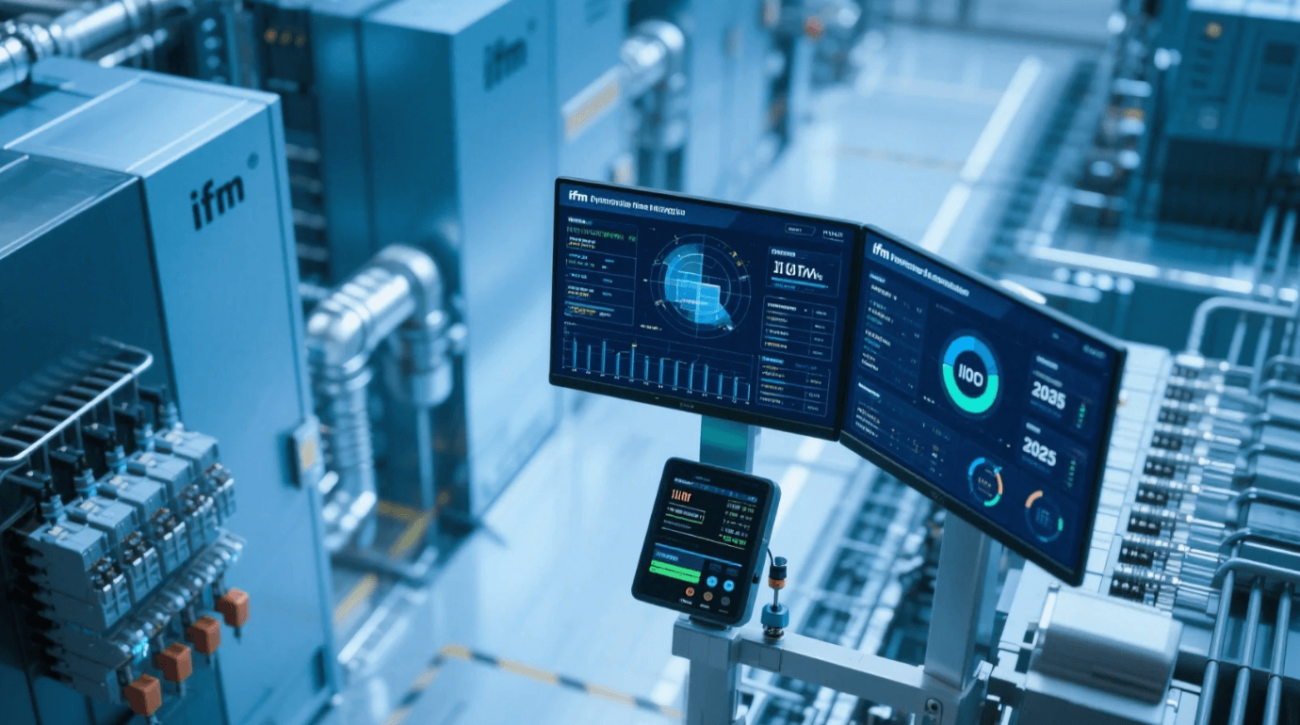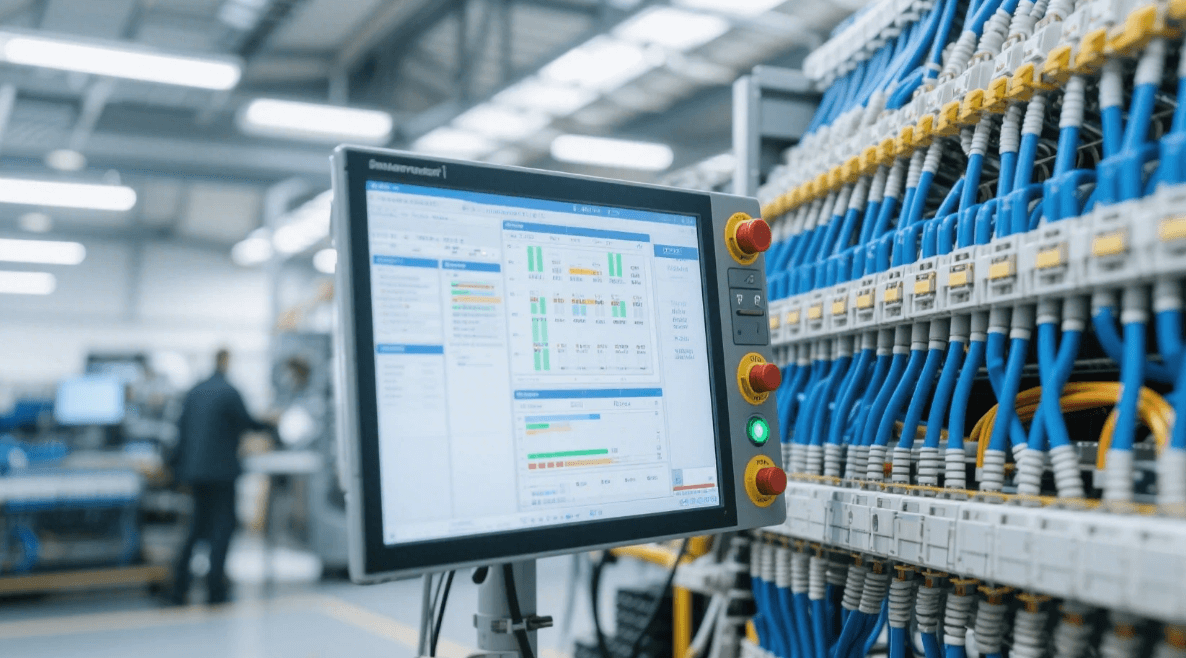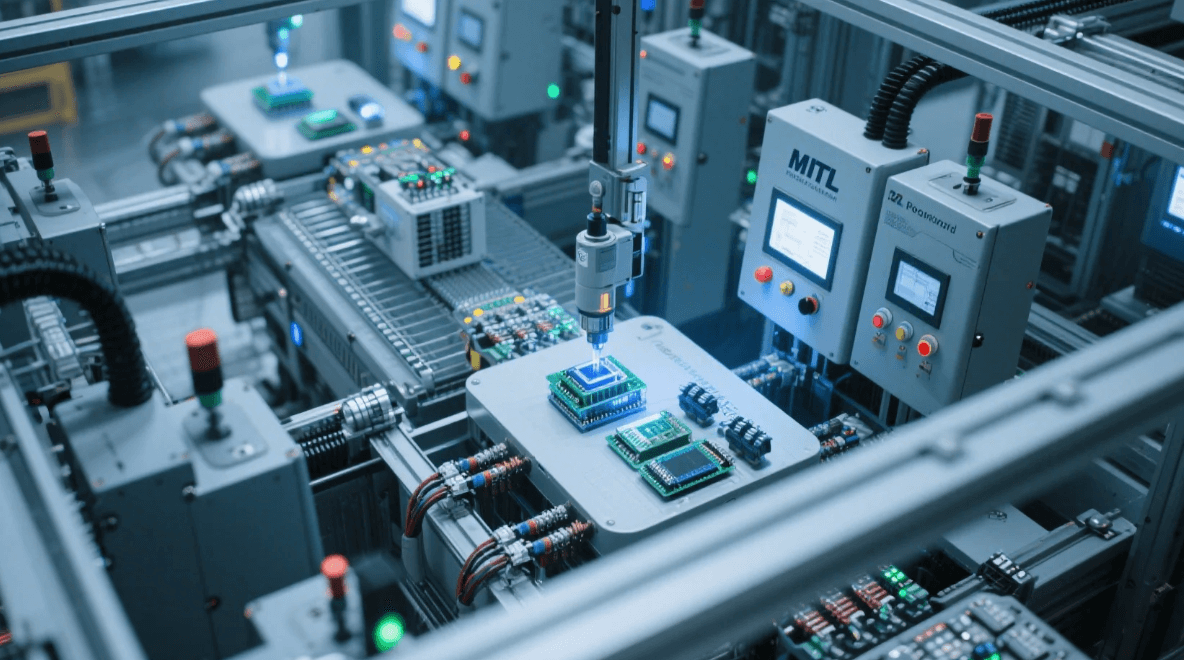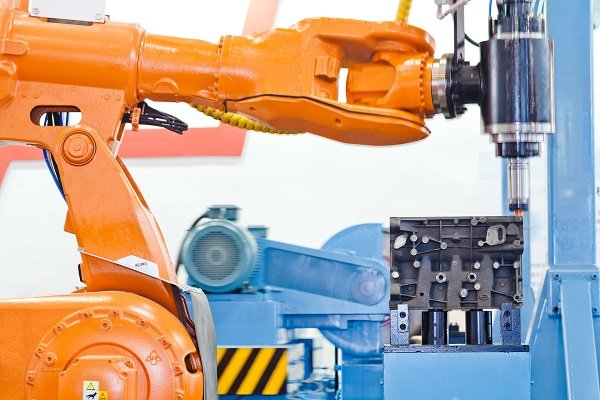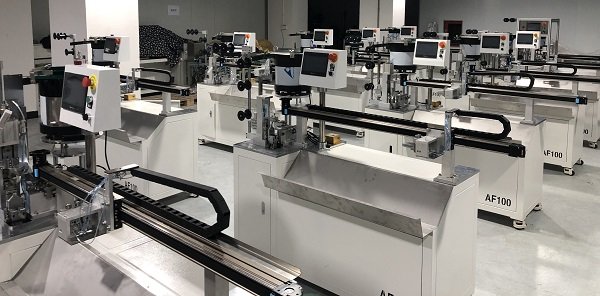Siemens Automation: Revolutionizing the Future of Industry
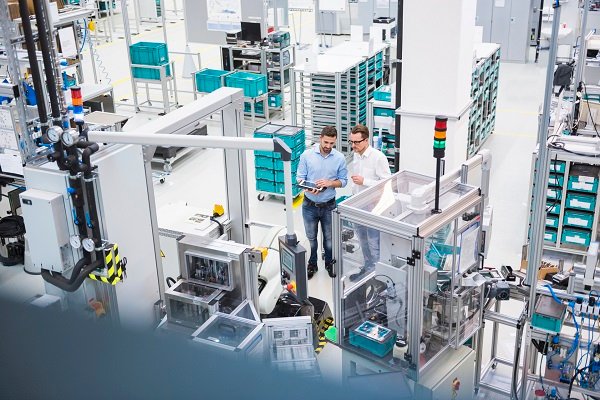
In the rapidly evolving industrial landscape, automation has become a cornerstone for enhancing efficiency, precision, and productivity. Siemens, a global leader in automation technology, stands at the forefront of this transformation. Siemens automation is setting new standards across industries by offering cutting-edge solutions that drive digitalization, optimize processes, and enable businesses to stay ahead of the competition. This article explores the key modern advantages of Siemens automation, highlighting its strengths, capabilities, and the significant impact it has on various sectors.
Understanding Siemens Automation
Siemens automation refers to the comprehensive suite of automation products and services offered by Siemens, which include industrial control systems, robotics, and process automation. The company’s expertise lies in providing intelligent solutions for manufacturing, energy management, transportation, and more. Siemens has a legacy of over a century of innovation, and its automation technologies continue to evolve with advancements in artificial intelligence (AI), machine learning, and the Internet of Things (IoT).
A Legacy of Innovation
Siemens has been at the heart of industrial automation for decades, creating solutions that have shaped the world of manufacturing and beyond. Their systems are designed to streamline complex processes, reduce human error, and increase overall system reliability. Whether it’s an automotive production line, energy grid, or smart factory, Siemens automation technologies have consistently proven their ability to transform operations across various industries.
Modern Advantages of Siemens Automation
Increased Efficiency and Productivity
One of the primary benefits of Siemens automation is its ability to significantly improve operational efficiency. By leveraging advanced control systems and automation technology, companies can achieve faster production cycles, lower downtime, and higher output quality. Siemens’ integrated systems allow businesses to monitor and optimize their processes in real-time, ensuring that resources are used efficiently.
Example: Siemens’ Digital Twin Technology
One notable example of Siemens’ commitment to driving efficiency is its Digital Twin technology. This allows for the creation of a virtual replica of a physical product or system, enabling businesses to simulate processes before they are implemented. This simulation capability helps companies foresee potential issues, reduce costly errors, and test different approaches without disrupting real-world operations. Digital Twins are particularly useful in industries such as aerospace, automotive, and manufacturing.
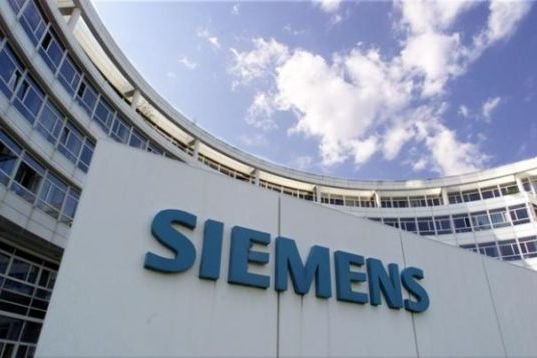
Enhanced Precision and Quality Control
Precision is a critical element in many industries, especially in fields like aerospace, pharmaceuticals, and automotive manufacturing. Siemens automation delivers unparalleled accuracy and consistency through its advanced systems, reducing the margin for error that often accompanies manual operations.
Siemens automation systems are equipped with sophisticated sensors, controllers, and algorithms that ensure high levels of precision. These systems can measure minute differences in temperature, pressure, or speed, and automatically adjust processes in response to any variations, ensuring that quality standards are met.
Seamless Integration and Flexibility
One of the key strengths of Siemens automation is its ability to integrate seamlessly with existing infrastructure and processes. Siemens automation systems are highly adaptable and can be tailored to meet the unique needs of any organization. Whether it’s integrating with legacy systems or adopting new technology, Siemens ensures smooth transitions without disrupting operations.
Example: Siemens’ Open Architecture Approach
Siemens takes a flexible, open-architecture approach to automation, which enables businesses to mix and match different hardware and software components. This ensures that customers are not locked into a single vendor, promoting flexibility and future-proofing their investment.
Scalable Solutions for Every Business Size
From small enterprises to large multinational corporations, Siemens automation offers scalable solutions that cater to a wide range of industries and business sizes. This scalability is essential for companies that need automation systems to grow alongside their operations.
Siemens provides everything from entry-level automation solutions to highly sophisticated industrial systems. This means that as a company’s needs evolve, its automation systems can be expanded and upgraded without having to start from scratch. For example, a small manufacturer could start with a basic control system and later upgrade to a fully integrated, smart factory solution as the business expands.
Sustainability and Energy Efficiency
Sustainability is increasingly becoming a key consideration for companies looking to modernize their operations. Siemens automation contributes significantly to energy efficiency, reducing the environmental footprint of industrial processes. The company’s energy management solutions enable businesses to track and optimize energy usage, leading to cost savings and a more sustainable future.
Example: Siemens’ Smart Grid Technology
Siemens’ smart grid technology plays a crucial role in modernizing the energy sector. By implementing advanced automation in power generation, transmission, and distribution, Siemens helps utilities achieve greater reliability and efficiency in energy delivery. This reduces waste, minimizes downtime, and contributes to the global push toward renewable energy sources.
Applications of Siemens Automation
Manufacturing Automation
Manufacturing is one of the most significant industries benefiting from Siemens automation. Siemens provides an extensive range of automation tools that are designed to optimize production lines, reduce downtime, and improve product quality. With systems that integrate robotics, sensors, and machine learning, manufacturers can enhance their production processes and achieve faster turnaround times.
Example: Siemens’ Robotics Solutions
Siemens’ robotics solutions have revolutionized manufacturing by enhancing precision and speed. With robots capable of performing complex tasks such as assembly, painting, and quality inspection, manufacturers can achieve higher throughput with reduced human intervention.
Smart Buildings and Infrastructure
Siemens also offers automation solutions for smart buildings and infrastructure projects. By integrating building management systems, lighting controls, HVAC systems, and security measures, Siemens automation helps create energy-efficient, sustainable, and secure environments.
Example: Siemens’ Building Technologies Division
Siemens’ Building Technologies division offers solutions that enable buildings to become smarter and more energy-efficient. Their systems allow building managers to monitor and control HVAC, lighting, and security from a centralized platform, optimizing energy consumption and reducing costs.
Energy and Utilities
In the energy sector, Siemens automation is helping to modernize power plants, grids, and renewable energy systems. Siemens offers advanced control systems that optimize the production and distribution of energy, reduce waste, and improve the overall efficiency of energy production.
Example: Siemens’ Gas Turbine Technology
Siemens’ gas turbines are known for their high efficiency and low environmental impact. By incorporating advanced automation and control technologies, these turbines are able to operate at optimal performance, reducing fuel consumption and emissions.
Transportation Automation
The transportation sector is another area where Siemens automation is making significant strides. With solutions for railways, airports, and road networks, Siemens provides advanced systems for traffic management, logistics, and public transport.
Example: Siemens’ Rail Automation Solutions
Siemens’ rail automation solutions are used worldwide to improve the safety, efficiency, and punctuality of trains. Their signaling systems ensure trains run smoothly, while their advanced monitoring systems track the condition of tracks and equipment, allowing for predictive maintenance and reducing the risk of accidents.
The Future of Siemens Automation
As industries continue to evolve, so too will Siemens automation. The company is committed to staying ahead of technological trends and integrating emerging technologies like AI, IoT, and blockchain into its automation solutions. These innovations will further enhance the capabilities of Siemens’ systems, allowing businesses to achieve even higher levels of efficiency, security, and sustainability.
Conclusion
In conclusion, Siemens automation is not just a technological advancement; it is a fundamental enabler of modern industry. With its wide range of products, scalability, and commitment to innovation, Siemens continues to drive the future of automation across industries. From increasing efficiency and precision to promoting sustainability and energy efficiency, Siemens’ automation solutions are at the heart of a new industrial revolution. For companies seeking to remain competitive and future-proof their operations, embracing Siemens automation is not just an option—it is a necessity.
Model:151687 MSSD-EB


